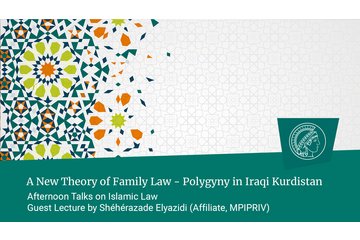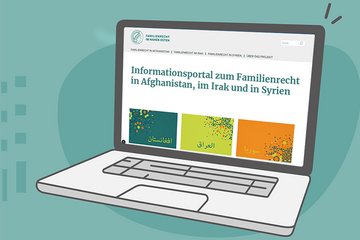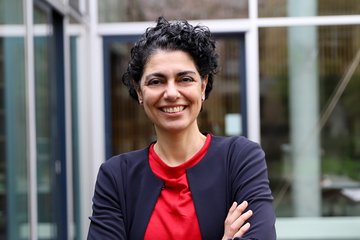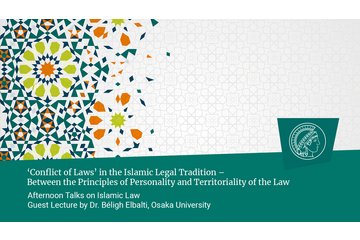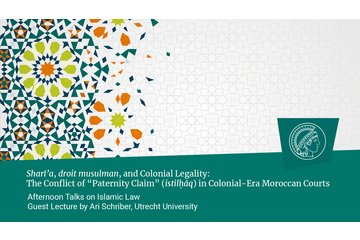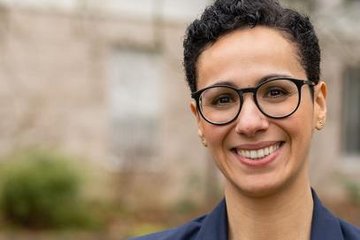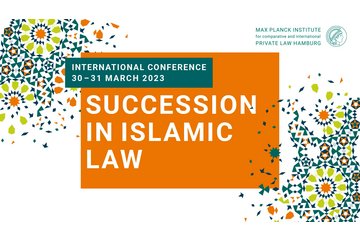Reforming Family Law in Jordan and Morocco: Striking differences despite structural similarities
Two semi-authoritarian monarchies with structural similarities both reform their family codes around the same time – but end up with very different results. How can this be explained? In her newly published book “Reforming Family Law: Social and Political Change in Jordan and Morocco”, Dr. Dörthe Engelcke, Senior Research Fellow in the research group on family and succession law in Islamic countries, examines the cases of Jordan and Morocco, elucidating the historical and structural factors that influenced their reform processes.
Morocco and Jordan, two countries with notable similarities, reformed their family and personal status laws within a decade of one another. Yet while Morocco’s new family code of 2004 was hailed both domestically and abroad as a social revolution, Jordan’s personal status code of 2010 attracted little international notice. Closer observation reveals considerable differences in the two countries’ reform processes. In Jordan, the Sharia court administration assumed control of the family law reforms, whereas the reforms in Morocco were less dominated by religiously trained actors.
In Morocco, the country’s king played a key role in the reform process; in Jordan, he did not. The Moroccan Family Law of 2004 is more reflective of the demands of women’s groups and proclaims international law to be one of its sources, whereas the new Jordanian personal status code states in its preamble that it is based exclusively on Islamic legal sources. International actors such as UN Women played a role in the implementation of the new law in Morocco, but not in Jordan.
Engelcke’s analysis draws attention to the role that the structures of legal systems play in reform processes. She demonstrates that the Jordanian and Moroccan legal systems, shaped by British and French colonial policies, exerted a crucial influence on the course of the reform processes as well as the substance and implementation of the family codes. Based on extensive fieldwork, the book draws on written sources on the two legislative processes and statistical data on implementation as well as 120 interviews with lawyers, judges, lobbyists and political stakeholders, as Engelcke impressively traces the complex interrelationships between social change and legislation.

